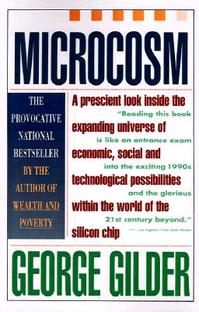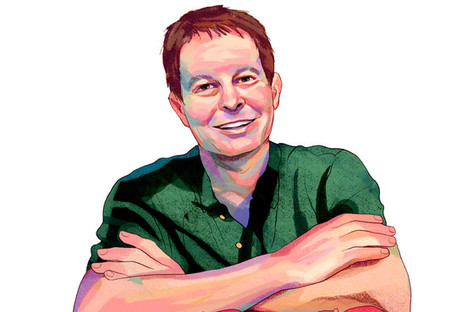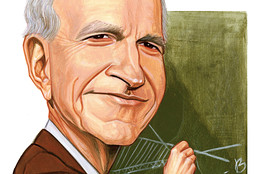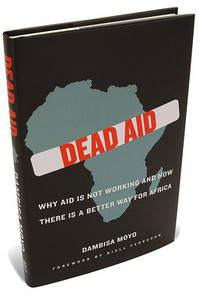(p. 113) Firms that win by the curve of mind often abandon it when they establish themselves in the world of matter. They fight to preserve the value of their material investments in plant and equipment that embody the ideas and experience of their early years of success. They begin to exalt expertise and old knowledge, rights and reputation, over the constant learning and experience of innovative capitalism. They get fat.
A fat cat drifting off the curve, however, is a sitting duck for new nations and companies getting on it. The curve of mind thus tends to favor outsiders over establishments of all kinds. At the capitalist ball, the blood is seldom blue or the money rarely seasoned. Microcosmic technologies are no exception. Capitalism’s most lavish display, the microcosm, is no respecter of persons.
The United States did not enter the microcosm through the portals of the Ivy League, with Brooks Brothers suits, gentleman Cs, and warbling society wives. Few people who think they are in already can summon the energies to break in. From immigrants and outcasts, street toughs and science wonks, nerds and boffins, the bearded and the beer-bellied, the tacky and uptight, and sometimes weird, the born again and born yesterday, with Adam’s apples bobbing, psyches (p. 114) throbbing, and acne galore, the fraternity of the pizza breakfast, the Ferrari dream, the silicon truth, the midnight modem, and the seventy-hour week, from dirt farms and redneck shanties, trailer parks and Levittowns, in a rainbow parade of all colors and wavelengths, of the hyperneat and the sty high, the crewcut and khaki, the pony-tailed and punk, accented from Britain and Madras, from Israel and Malaya, from Paris and Parris Island, from Iowa and Havana, from Brooklyn and Boise and Belgrade and Vienna and Vietnam, from the coarse fanaticism and desperation, ambition and hunger, genius and sweat of the outsider, the downtrodden, the banished, and the bullied come most of the progress in the world and in Silicon Valley.
Source:
Gilder, George. Microcosm: The Quantum Revolution in Economics and Technology. Paperback ed. New York: Touchstone, 1990.






